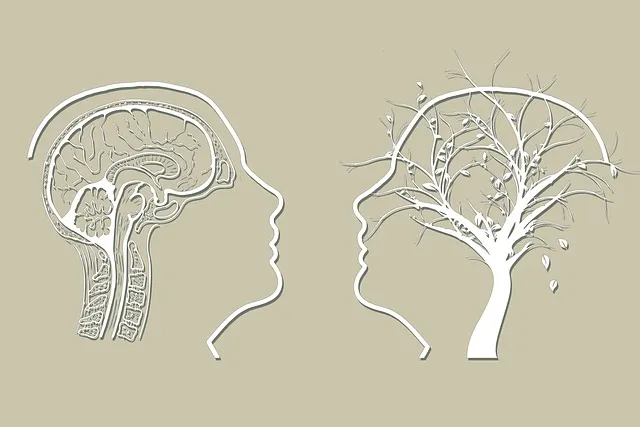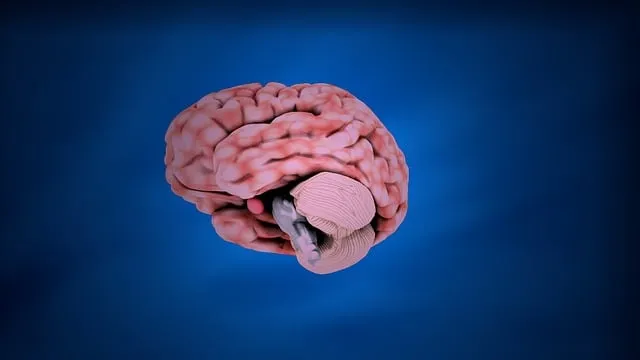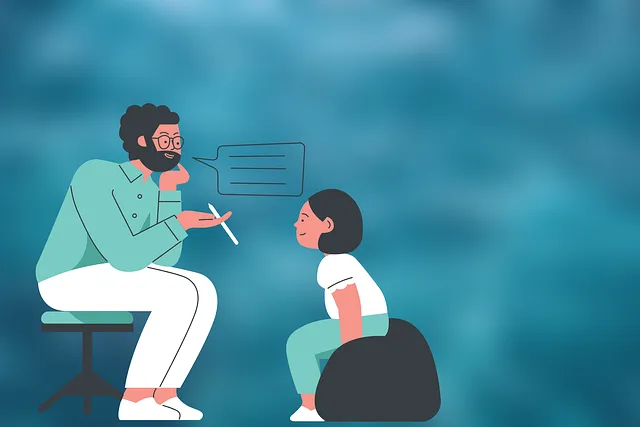Lakewood and Kaiser collaborate on mental health services, employing specialized group facilitation techniques to promote collective healing and growth. Facilitators create safe, inclusive environments where participants share journeys, engage in open dialogue, and learn from one another. Using exercises like self-awareness activities and mindfulness, they enhance positive thinking and mood management skills. This supportive network builds resilience and community, empowering individuals to face mental health challenges effectively. Lakewood's Kaiser offers structured sessions with clear boundaries, confidentiality, active listening, and emotional intelligence practices for safe engagement. Success is measured through feedback, engagement tracking, and symptom improvements, allowing facilitators to adapt and improve group sessions continuously.
In today’s digital era, mental wellness group facilitation is more crucial than ever. This guide explores effective techniques for those looking to navigate and support individuals through shared experiences. From understanding the basics of mental wellness group facilitation to creating safe spaces, measuring success, and adjusting strategies, this article provides valuable insights for anyone interested in enhancing services like those offered by Lakewood does Kaiser.
- Understanding Mental Wellness Group Facilitation
- Techniques for Effective Group Sessions
- Creating a Safe and Supportive Environment
- Measuring Success and Adjusting Strategies
Understanding Mental Wellness Group Facilitation

Mental wellness group facilitation is a specialized skill that involves guiding and supporting individuals through collective healing and growth experiences. In the context of Lakewood and Kaiser’s mental health services, understanding this role is crucial for fostering a safe and inclusive environment where participants can explore their mental health journeys together. Facilitators play a pivotal part in creating a space where people feel understood and empowered to share their experiences, engage in meaningful conversations, and learn from one another.
By employing various techniques such as encouraging open dialogue, leading reflective exercises, and incorporating activities that promote self-awareness, facilitators help group members cultivate positive thinking and enhance their mood management skills. These practices create a supportive network, enabling individuals to navigate their mental health challenges with increased resilience and a sense of community.
Techniques for Effective Group Sessions

In facilitating mental wellness group sessions, a balanced approach combining structured activities and organic conversations is key. Begin with Self-Awareness Exercises to encourage members to explore their thoughts, emotions, and behaviors. These exercises can range from simple journaling prompts to more interactive icebreakers designed to foster open communication and build camaraderie. By creating a safe space where individuals feel comfortable sharing their experiences, facilitators enable the group to develop collective understanding and empathy.
Additionally, integrating Risk Management Planning for Mental Health Professionals is essential to ensure the well-being of both the facilitator and the group members. This involves setting clear boundaries, establishing crisis protocols, and promoting a culture of support and respect. Incorporating emotional healing processes through activities like mindfulness exercises or guided meditations can further enhance session effectiveness. These practices not only aid in stress reduction but also promote resilience, enabling participants to navigate their mental health journeys with increased confidence and coping mechanisms.
Creating a Safe and Supportive Environment

Creating a safe and supportive environment is a cornerstone of effective mental wellness group facilitation. In the setting of Lakewood or even at Kaiser’s mental health services, fostering such an atmosphere is key to encouraging participants to open up and engage. Facilitators should prioritize establishing clear boundaries, ensuring confidentiality, and promoting active listening to build trust among members. Using techniques like emotional intelligence to understand and validate individual experiences can significantly enhance group dynamics.
Additionally, incorporating compassion cultivation practices and inner strength development activities allows for a nurturing space where individuals feel understood and empowered. By creating a non-judgmental environment, facilitators enable participants to explore their mental health challenges openly, ultimately facilitating deeper connections and meaningful support among peers.
Measuring Success and Adjusting Strategies

Measuring success and adjusting strategies are pivotal aspects of effective mental wellness group facilitation. Success can be quantified through various metrics such as participant feedback, engagement levels, and improvements in reported symptoms. For instance, regular surveys or post-session evaluations can gauge the perceived benefits of participants, allowing facilitators to tailor their approaches accordingly. Additionally, tracking individual progress over time using assessment tools specific to mental health conditions can highlight the group’s overall impact.
At Lakewood, Kaiser offers comprehensive mental health services that incorporate risk management planning for professionals and trauma support services, ensuring a safe and nurturing environment. By regularly reviewing these metrics, facilitators can identify what works best for their groups, incorporating compassion cultivation practices to foster a sense of belonging and emotional well-being. This iterative process enables continuous improvement, making group sessions more engaging and beneficial for all participants.
Mental wellness group facilitation plays a pivotal role in creating supportive communities, much like how services like Kaiser’s mental health programs in Lakewood aim to enhance community well-being. By employing techniques discussed, such as fostering a safe space, effective communication, and tailored strategies, facilitators can empower individuals to navigate their mental health journeys together. Regular evaluation ensures these groups remain impactful, allowing for adjustments to meet the diverse needs of participants, ultimately contributing to improved mental wellness in our communities.






